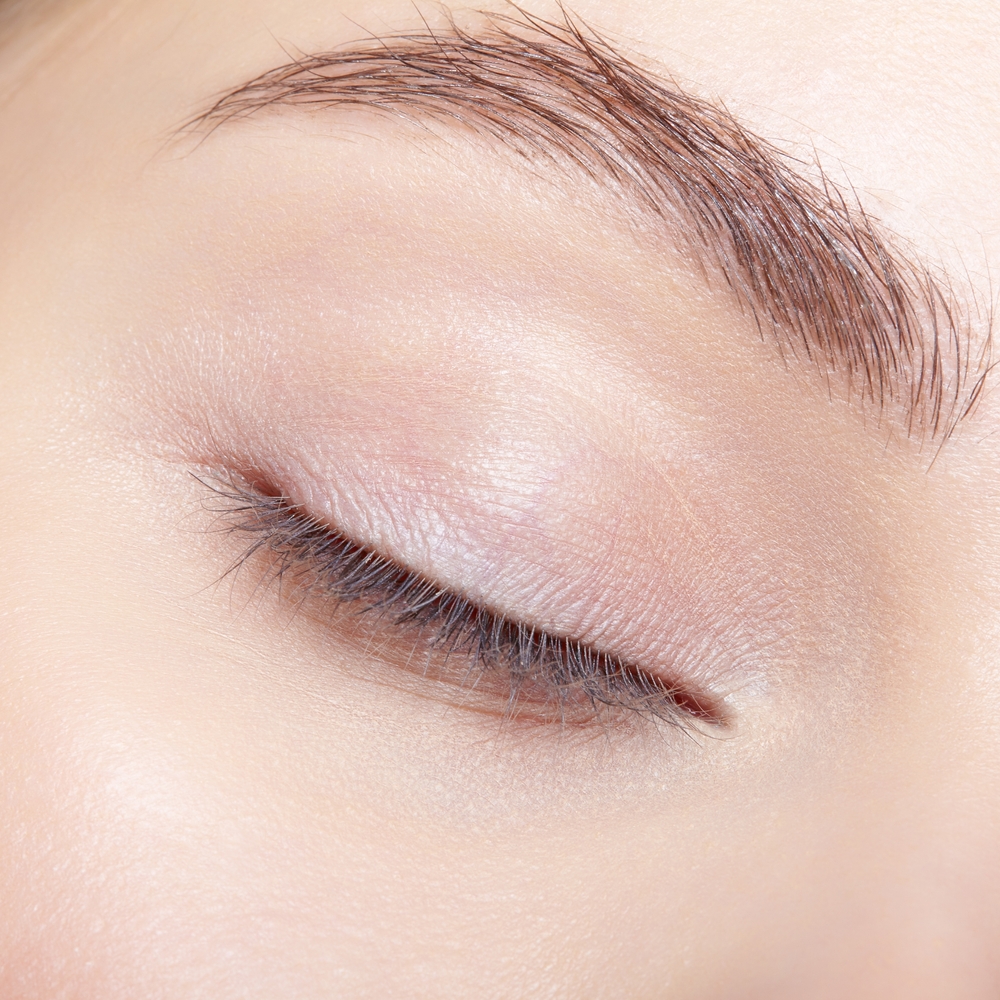
Your eyes say so much about you, and the skin surrounding them plays a vital role in both appearance and protection. But when subtle changes occur, it could be a sign of something more serious than a simple eyelid condition. Eyelid cancer may not be common, but early recognition is essential for successful treatment.
What Is Eyelid Cancer?
Eyelid cancer is a type of skin cancer that develops on or around the eyelid. Because this area is often exposed to sunlight, it’s particularly vulnerable to UV damage, one of the leading causes of skin cancer. Eyelid cancer typically begins in the thin, delicate skin of the upper or lower eyelid, but it can also occur near the corners of the eye or along the lash line.
Types of Eyelid Cancer
There are several types of eyelid cancer, with basal cell carcinoma being the most common. Other forms include:
• Basal Cell Carcinoma (BCC): The most frequent type, often caused by long-term sun exposure. It usually grows slowly and rarely spreads but can cause local tissue damage if untreated.
• Squamous Cell Carcinoma (SCC): Less common but more aggressive than BCC, SCC can spread to nearby tissues or lymph nodes.
• Sebaceous Gland Carcinoma: A rare but serious cancer that develops in the oil glands of the eyelid. It may resemble a stye or chronic inflammation.
• Melanoma: The most aggressive form, arising from pigment-producing cells. Melanoma can spread quickly and requires immediate treatment.
Signs and Symptoms of Eyelid Cancer
Eyelid cancer can sometimes be mistaken for benign conditions such as styes, cysts, or allergic reactions. However, if symptoms persist or worsen, it’s important to get a professional evaluation. Common signs include:
• A lump or bump on the eyelid that doesn’t heal
• Thickening or swelling of the eyelid
• Changes in skin color or texture, such as redness, crusting, or ulceration
• Loss of eyelashes near the affected area
• Persistent irritation, pain, or itching
• Bleeding or oozing from a lesion
• Changes in eyelid position, such as drooping or turning inward/outward
If you notice any of these warning signs, schedule an appointment promptly. Early diagnosis allows for more effective treatment and a better cosmetic outcome.
Treatment Options
Treatment depends on the type and stage of the cancer, but most cases require surgical removal of the tumor. Eyelid surgery in Jacksonville Beach, performed by Dr. Amy Kulak, may involve reconstructive techniques to restore both function and appearance. Depending on the case, additional treatments may be recommended. Dr. Kulak combines her expertise in ophthalmic plastic and reconstructive surgery with an artistic approach to achieve results that protect your vision and enhance your natural appearance.
Protect Your Eye Health with Expert Eyelid Care in Jacksonville Beach
Eyelid cancer is uncommon, but it’s crucial to recognize its symptoms early. Any unusual growth or change around the eyes should never be ignored. With the expertise of Dr. Amy Kulak, a board-certified ophthalmologist and eyelid specialist in Jacksonville Beach, patients can expect compassionate, comprehensive care tailored to their needs.
If you’ve noticed changes in your eyelids or are concerned about your eye health, contact Kulak Eye & Cosmetic Surgery to schedule a consultation today. Visit our office in Jacksonville Beach, Florida, or call (904) 775-5275 to book an appointment today.







